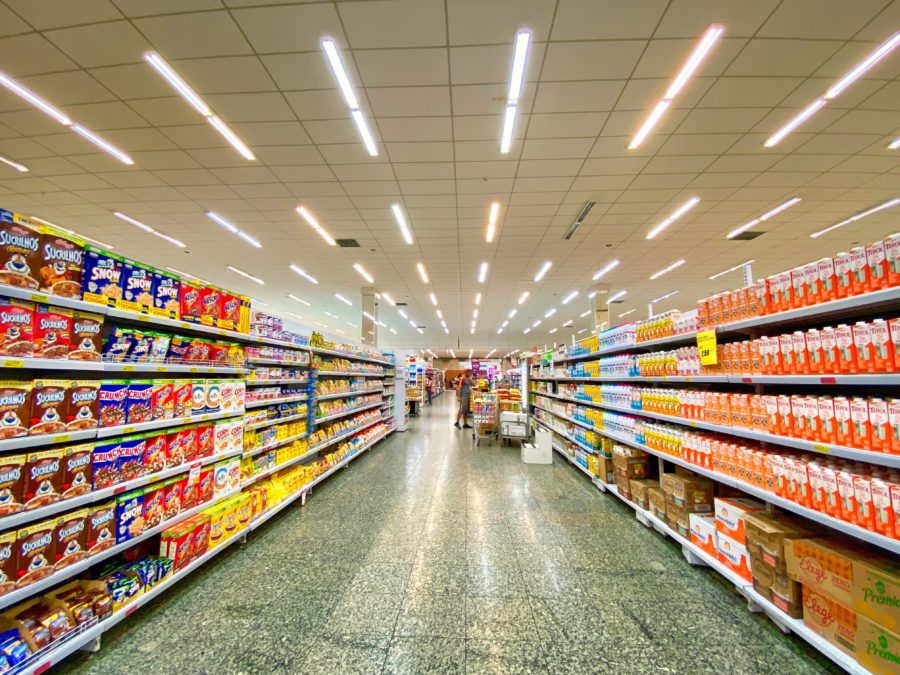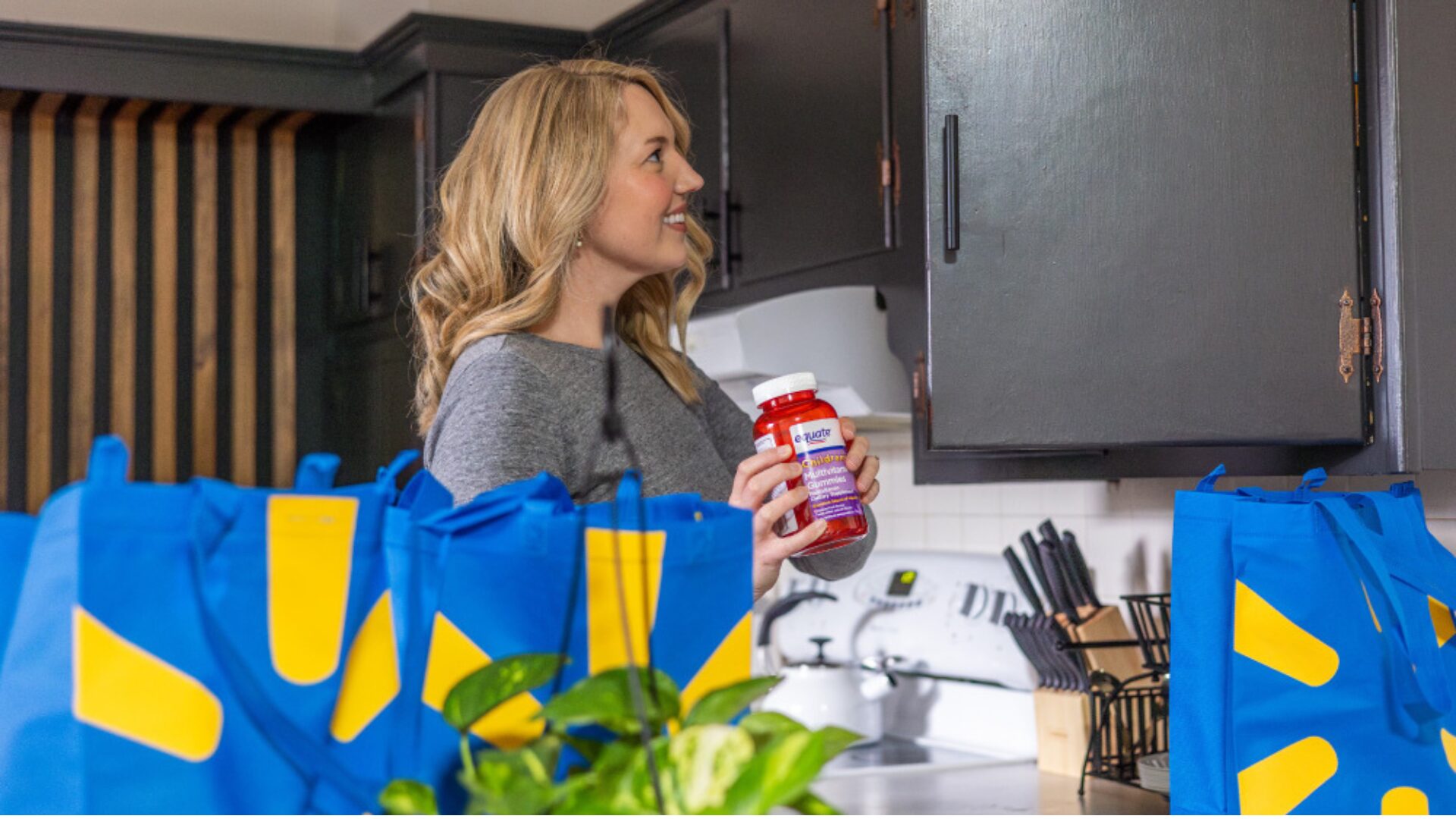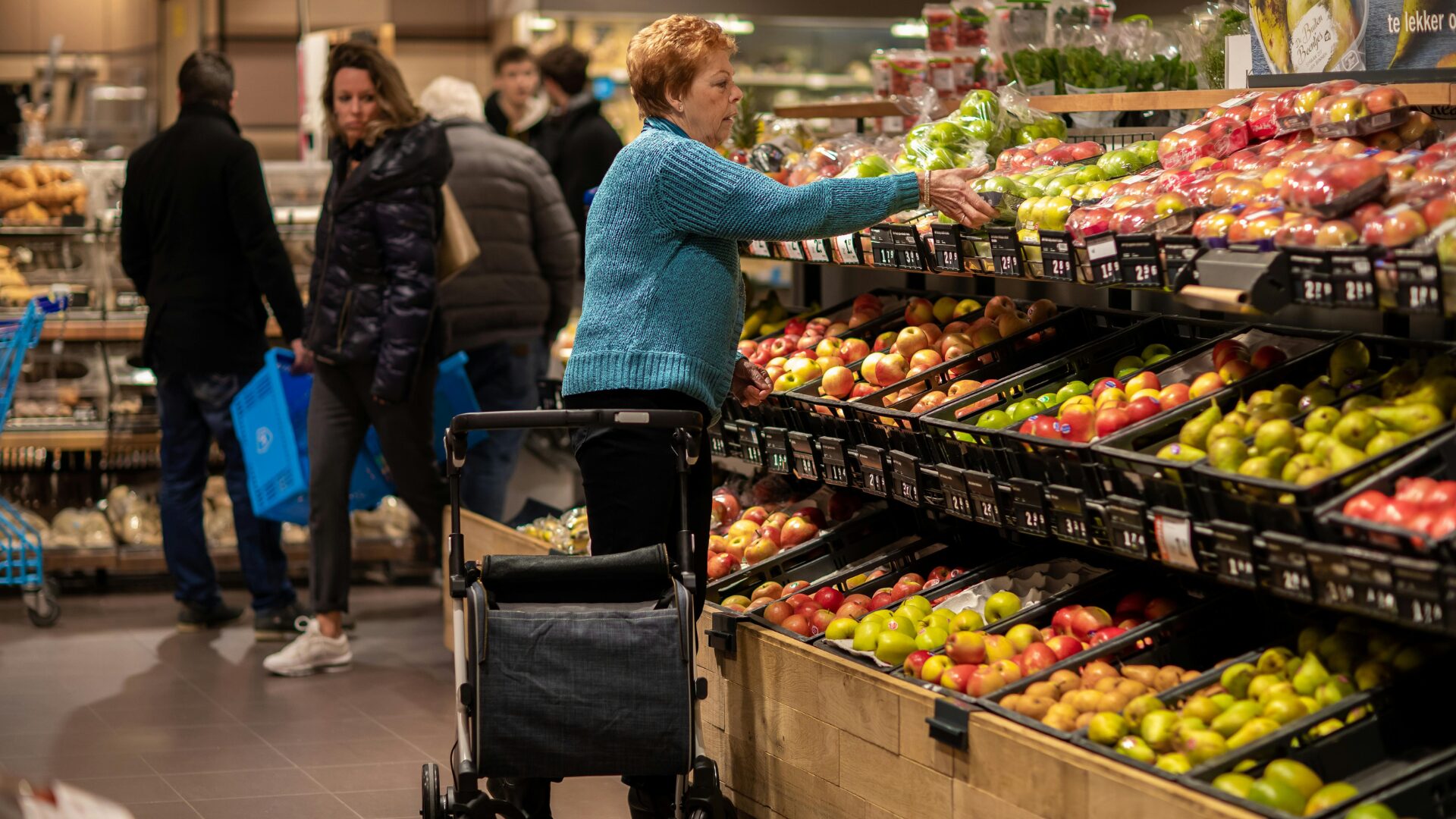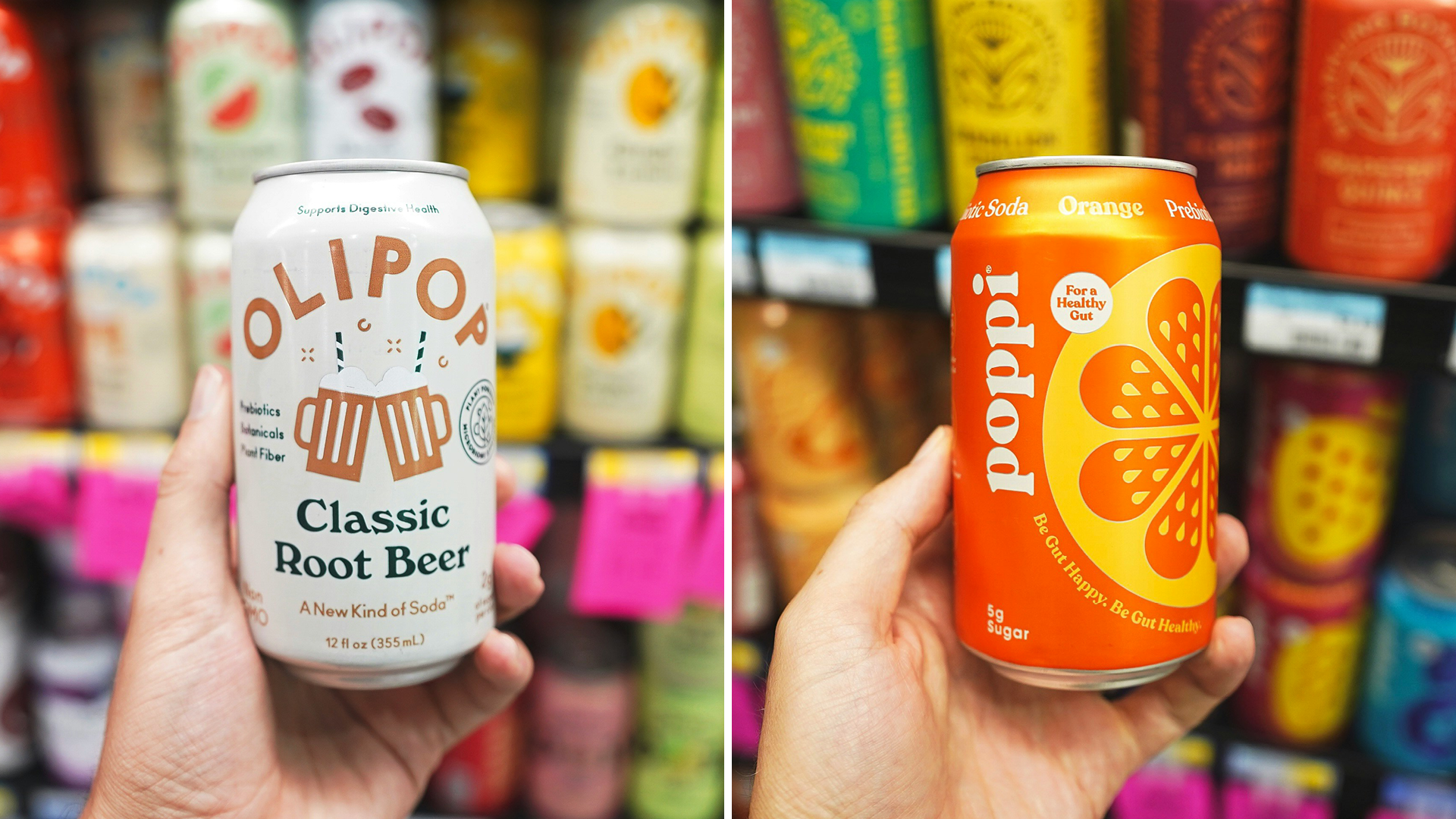Private-label brands have been performing well during COVID-19.
Entering 2020, the category grew more than 4% as national brands only grew at 1.5%, according to Nielsen. As the year carried on, the category continued to succeed during the coronavirus pandemic.
Three in 10 shoppers in July say they were buying more store brands than they were before the pandemic, according to FMI’s U.S. Grocery Shopper Trends COVID-19 Tracker. The proportion was even up from 26% at the beginning of June.
Why the growth in private-label products? As the pandemic began impacting supply chain, shoppers were buying whatever was available—which typically included more private-label products. Half of shoppers surveyed by FMI in June reported that they were purchasing private-label more because they were often the only ones available.
However, other reasons include the products being cheaper, and in some cases, higher quality. Two in 10 say they are buying more private brands to explore new and different products.
Taking note of this trend, Target is adding hundreds of new items to its Good & Gather line, reported Business Insider (Sept. 2).
Additionally, Target is starting a new premium line called Good & Gather Signature, which will feature nearly 60 Italian sauces, specialty coffees ranging between $2.99 to $9.99 as well as gourmet pizzas and pastas.
The Good & Gather brand generated over $1 billion in sales since it was created one year ago. Overall, Target’s food and beverage private brands have grown more than 30% this year, according to CEO Brian Cornell.
“Good and Gather brand is clearly resonating with our guests and delivering on our food and beverage vision to enhance the Target experience by making it easy for families to discover the joy of food,” Cornell said.
Additionally, SpartanNash posted a 24% increase in its private-label sales in the recent quarter and is looking for even more growth in the years ahead, reported Store Brands (Aug. 14).
Dennis Eidson, president and CEO, said the company’s work with the shopper data company dunnhumby “is really helping us with some insights and how important private brands are.”’
“We believe our inviting store atmosphere and mix of fresh foods, along with local, national, and private-label products positions us well in the long-term in this retail segment,” said Eidson.
The internal research also found 86% of loyalty card customers surveyed said they had bought a private brand, and 88% of those shoppers said the quality was good to excellent.
“Thirty percent of them said they plan on buying even more going forward,” Eidson said. “So I think that’s a harbinger of good things to come. We’ve got to work hard to get that done, but we are on it.”
Meanwhile, Kroger is taking advantage of two trends at once by migrating all Our Brands products to sustainable packaging, reported Supermarket News (Aug. 17).
Kroger said that it aims to achieve 100% recyclable, compostable and/or reusable packaging for all Our Brands products by 2030. To that end, the company will complete a baseline product packaging footprint to fully understand current packaging impacts.
Goals include boosting recycled content in packaging so that Our Brands collectively contain at least 10% recycled content in packaging, cutting back on unnecessary packaging, and raising awareness among Kroger customers about how to properly manage packaging from Our Brands product after use.












